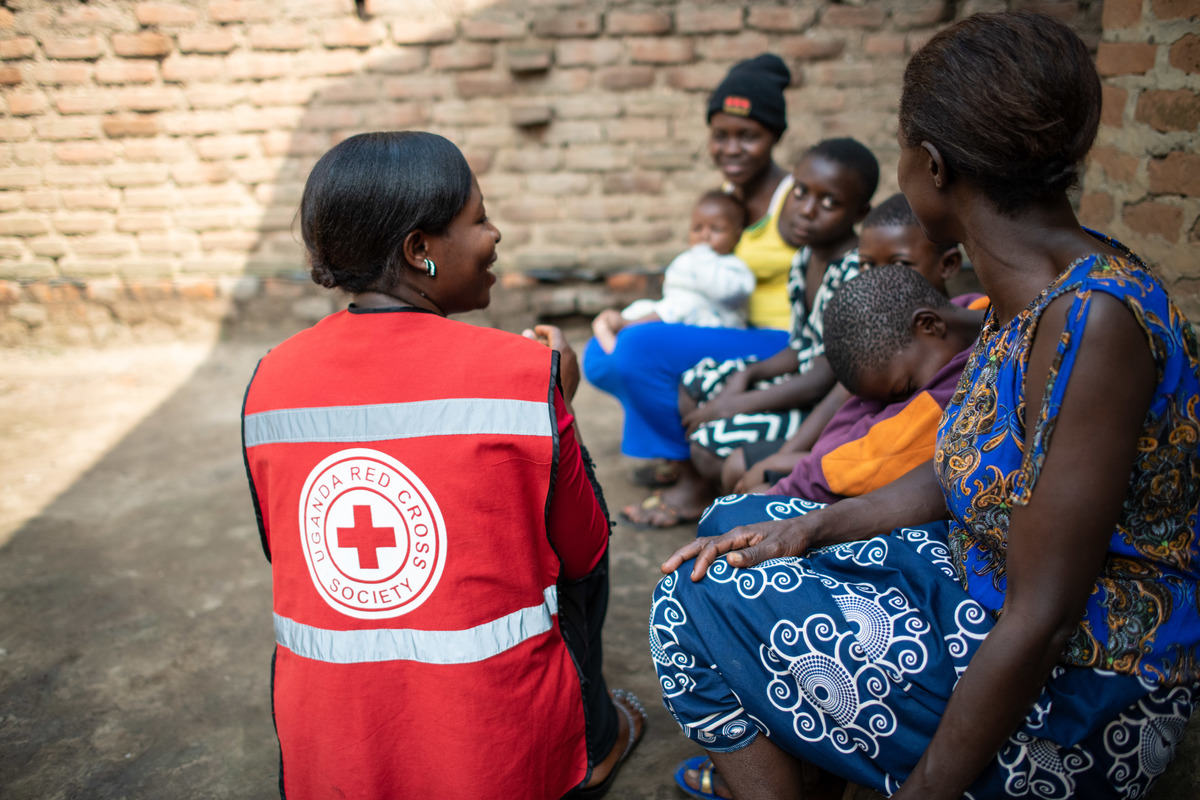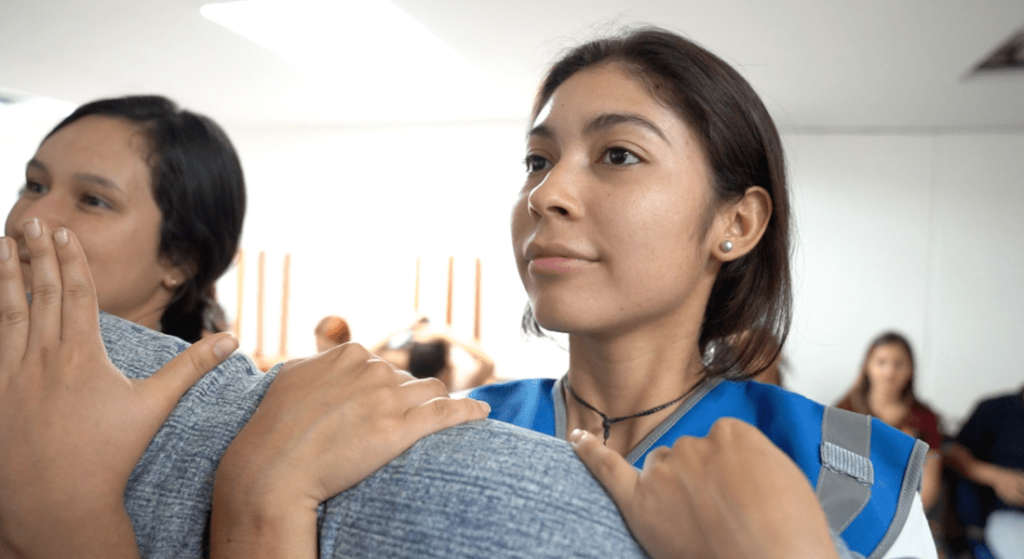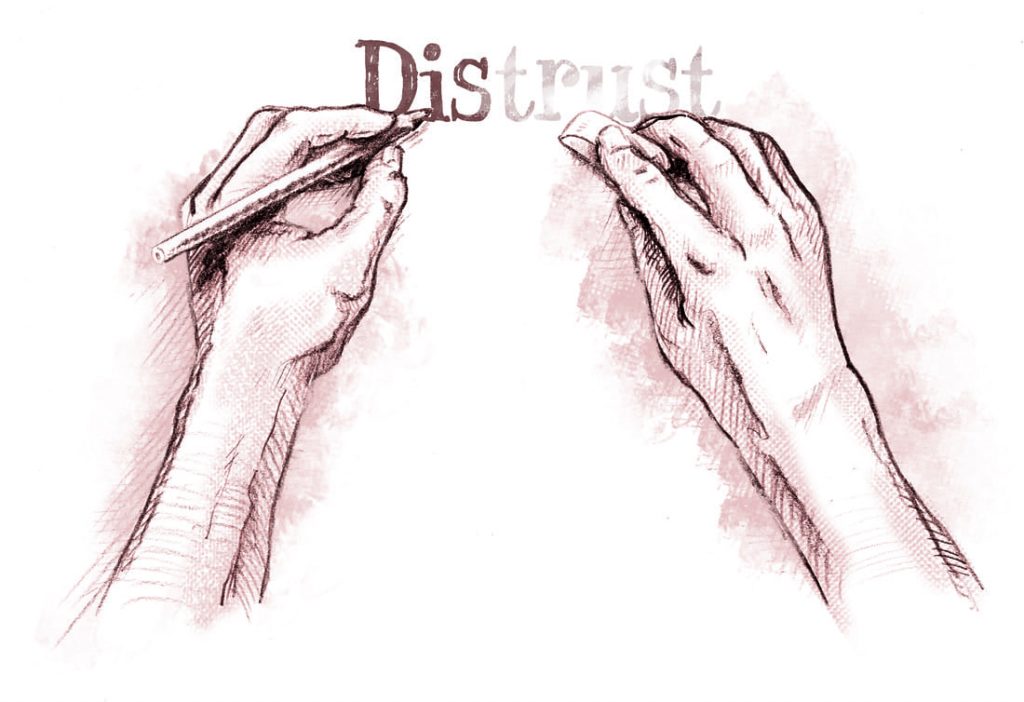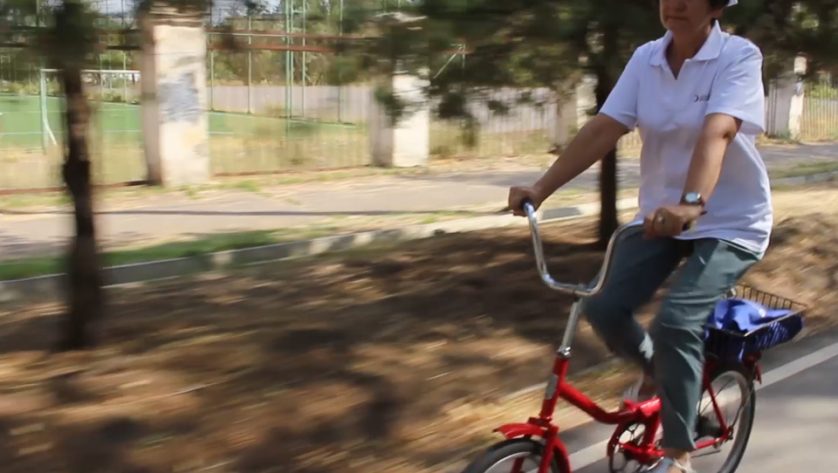“We are going community-to-community and often door-to-door with the message that Ebola is real and Ebola kills,” says Cheick Abdoulaye Camara, a community engagement officer with the IFRC in DRC. “In the process, we are getting a lot of very useful information.”
Entered in a spreadsheet by Red Cross volunteers, the data are then analysed by the United States Centers for Disease Control and shared on a protected, interactive online dashboard with other actors such as Médecins Sans Frontières, Oxfam, UNICEF and the World Health Organization.
Sometimes that data point to very practical needs, such as needing soap or washbasins, or can address more complex issues, such as people’s questions about vaccinations. Why, for example, are some people getting vaccinations but not others? If these questions are not addressed, people may come up with their own explanations. For example, are vaccinations only for people with family or political connections?
“We can answer their questions and explain the strategy of immunizing health workers first and then the concept of ring vaccination and so build trust and engagement with the treatments,” says Ombretta Baggio, senior adviser for community engagement for the IFRC, referring to the practice of creating a ‘ring’ of vaccinations around the sick person by first targeting anyone who has been in contact with an ill person, then those in proximity to the exposed contacts.
The data also help refine broader communications strategies, as well as prioritizing and coordinating messages. “It really impacts trust negatively if each outside actor comes with different information and messages,” she notes. “It also erodes trust if the material aid or the messages do not respond to people’s needs and concerns.”
The next step is ensuring that the data also inform the way operations are carried out. “As trust builds, it creates a positive feedback loop, because then you get even more and better info, which leads to better response and even more trust,” she says.
And humanitarian organizations also need to trust the communities they want to help. “Communities often have important suggestions but we are sometimes too busy to stop and hear what they are saying,” says Baggio.
 Red Cross Red Crescent magazine
Red Cross Red Crescent magazine 










 Tech & Innovation
Tech & Innovation Climate Change
Climate Change Volunteers
Volunteers Health
Health Migration
Migration